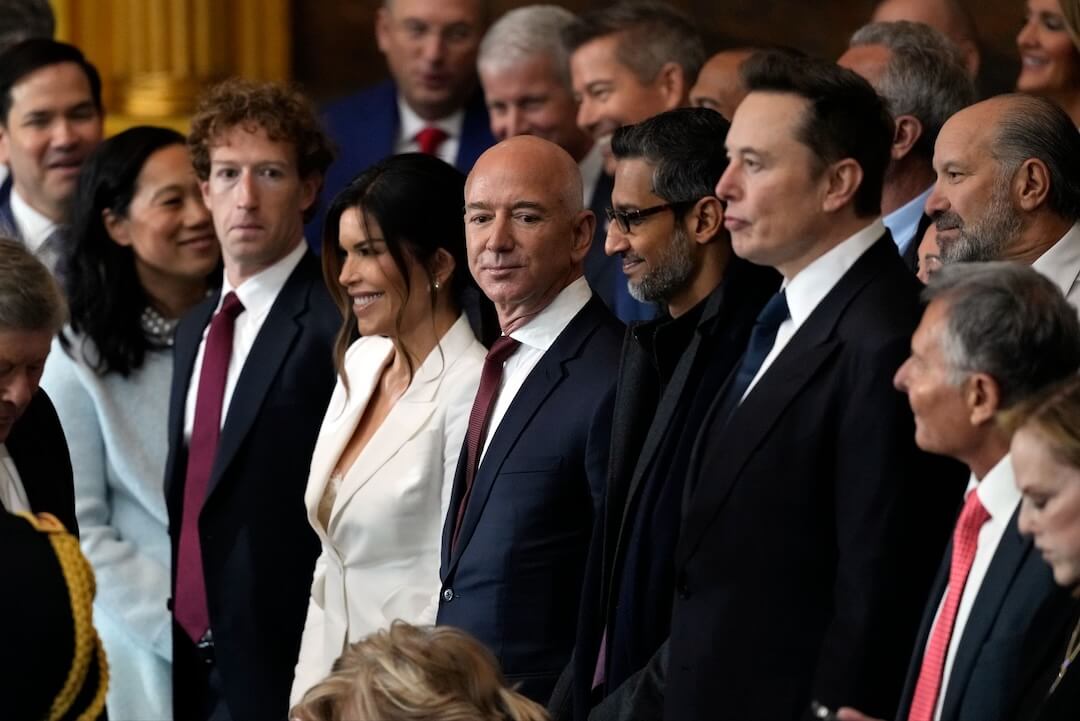BELFAST, Northern Ireland — The metal gate on Lanark Way is approximately 13 feet high and 33 feet wide. It can be slammed shut electronically when tensions boil over, as they did last summer.
It is but one of many physical barriers that separate contiguous Catholic- and Protestant-populated neighborhoods in the western part of the city: In this case Shankill Ward (85 percent Protestant, per the 2011 census) and Falls Ward (88 percent Catholic).
Almost 20 years have gone by since the Good Friday Agreement put an end to the worst of the sectarian violence that blighted Northern Ireland. Yet barriers remain, both physical and intangible.
This is the environment within which FactCheckNI, a joint initiative of the Northern Ireland Foundation and Transformative Connections, launched on April 7. FactCheckNI is currently funded until the end of the year, but its founders hope the experience in these months will be positive and lead to a continuation of the project beyond 2016.
By providing objective, fact-based analyses devoid of partisanship, the nascent initiative aims to be a dispassionate arbiter in a landscape traditionally fractured along ideological lines.
Historically, print media consumption in Northern Ireland was connected to religious affiliation. The Belfast Telegraph and the News Letter were the newspapers of choice of the Protestant population while the Irish News predominantly catered to Catholic readers.
According to Maggie Swarbrick, the course director of the M.A. in Journalism at Ulster University, television news has tried to remain impartial, while it is “harder to quantify the religious breakdown of the consumers of less traditional media.”
Peace is one of the four themes that FactCheckNI monitors, alongside crime, the economy and Europe. One of the first fact checks on the site examined community support for the so-called “peace walls” that separate many neighborhoods.
Viral memes carrying misleading information are a problem across the globe, but they can be particularly pernicious in a combustible political environment like Northern Ireland’s. The raising or burning of flags in the province can stoke serious tensions — even if these images are actually of flags being burned in other parts of the world. Beyond correcting the record, simple tools like reverse image search can therefore help avoid violence.
For this reason, FactCheckNI will also be providing interactive fact-checking training sessions to communities across the province, led by Enda Young, a mechanical engineer turned conflict mediator, who is the co-founder of Transformative Connections.
Although it confines its efforts to Northern Ireland, FactCheckNI has benefited from the increasing collaboration among fact-checkers worldwide. Young and his wife Orna, a community-based researcher, attended last year’s Global Fact-Checking Summit in London and view it as a form of “crash course” that helped them focus on the practical steps involved in launching a fact-checking project.
Also fundamental for FactCheckNI’s launch was support from Full Fact: The London-based fact-checking organization provided training and a template the Northern Irish project could build upon. Like Full Fact, FactCheckNI’s fact checks tend to be brief and avoid a rating system.
Allan Leonard, the managing director of the Northern Ireland Foundation, stresses the importance of FactCheckNI’s own correction policy as a tool to build trust. Any correction to the fact-checkers’ own work will be visibly marked with a red triangle at the top of the fact check through which readers will also be able to access the original version.
As with many fact-checking organizations, FactCheckNI hopes to spur corrections but also foster a culture of critical thinking that transcends political preferences.
But will any of it make a difference? The day after FactCheckNI’s launch, local comedian Tim Mc Garry ironically alluded at the hurdles the fact-checkers will need to overcome.
@FactCheckNI Do themmuns get more than ussuns?
— Tim Mc Garry (@Tim_Mc_Garry) April 8, 2016
What the organization is able to achieve could provide lessons for fact-checkers in other post-conflict societies where “them” versus “us” remains the operative distinction.







